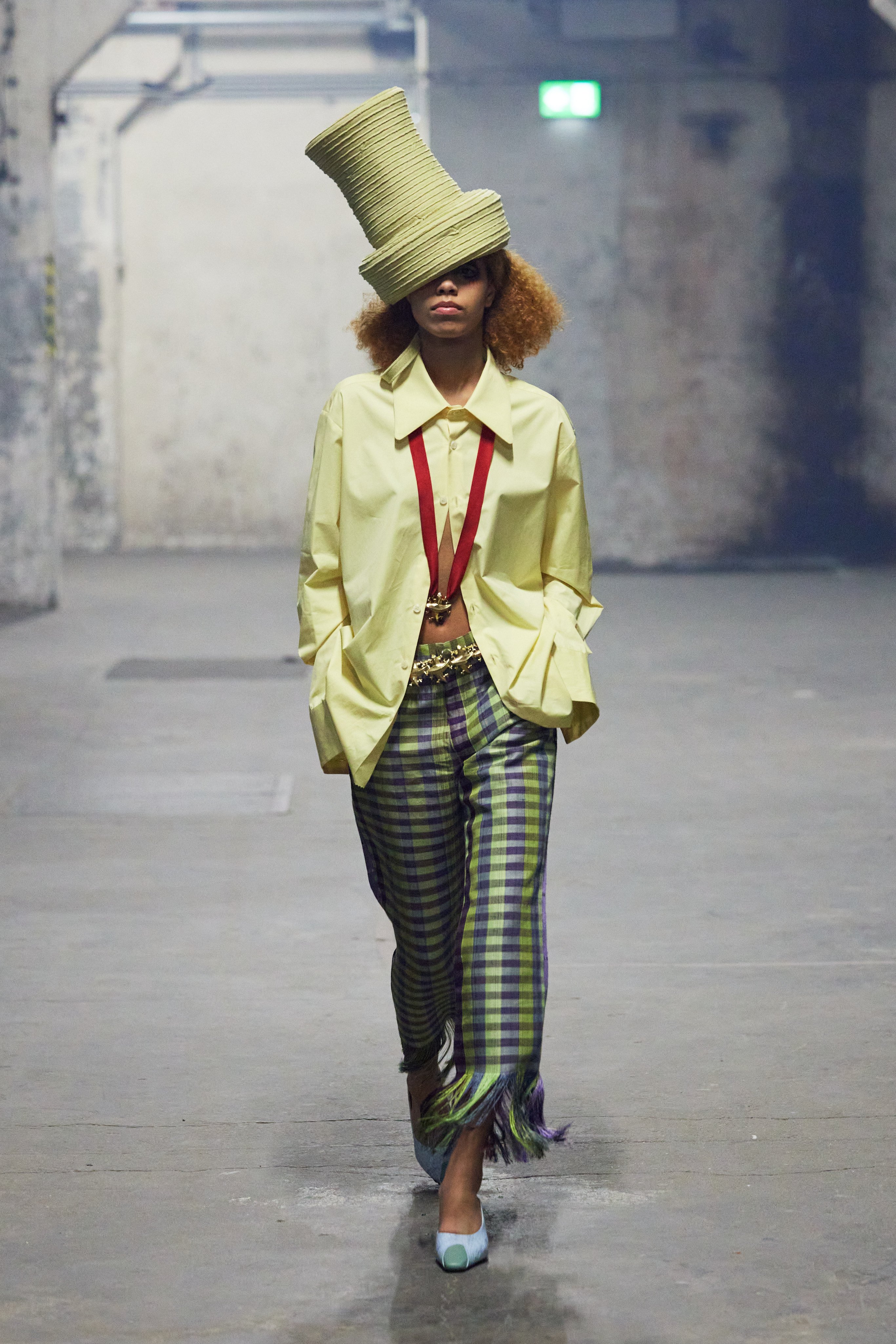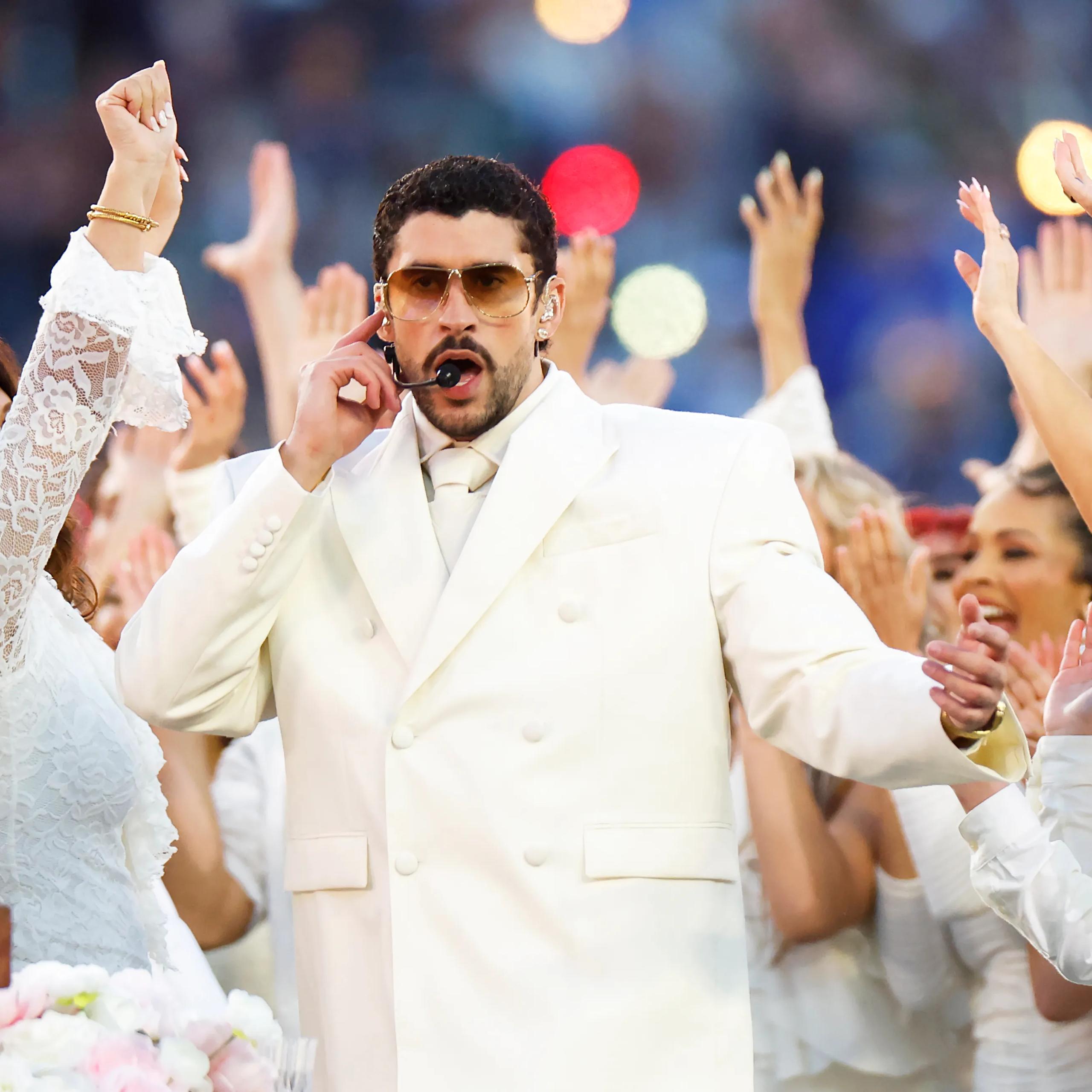This isn’t about who’s invited. It’s about who takes up space.

Paris Fashion Week has never just been about clothes. It’s a ritual. A show where everything counts, from the runways to the street corners. Where even silence has style, and every outfit is curated for the possibility of being seen. Paris becomes a stage. And every person there, knowingly or not, is part of the performance.
But not all performances are equal. Some people are invited to watch. Others are allowed to be seen. And a few are given the room to shape the moment. This season, that tension felt louder than ever.
At Louis Vuitton, the energy was cinematic. Pharrell’s direction turned the Pompidou Center into a dream space, with snakes and ladders patterns underfoot and a cast of faces that felt almost too famous to be real. Beyoncé and Jay-Z arrived like mythology, dressed in denim and silk, seated front and center. Their nephew Julez sat beside them, because in this version of Paris, family and fashion merge into spectacle.
.jpg)
But it wasn’t just the icons we’ve come to expect. The Nigerian presence this season didn’t just show up, it stood tall.
Rema, fresh off world stages, walked for 424 Inc. Not as a gimmick. As a presence. Smooth, steady, completely at ease. Adekunle Gold sat front row at both Louis Vuitton and Blue Marble, his Pharrell-produced single “Falling Up” echoing through the Vuitton show like a quiet nod to collaboration. Davido, too, was front and center at Amiri and Blue Marble. His look was relaxed but precise. His gaze unbothered. This was not a photo op. This was ownership.

The thing is, these moments matter. Because fashion loves a guest, especially a guest with a massive following. It loves the music, the heat, the culture. But the question still hangs in the air: is this presence just performance? Or is it something deeper?
Fashion knows how to look diverse. It knows how to book the right faces, play the right music, cast the right mood. But when the lights go down, when it’s time to make decisions, are those same people in the room? Are they behind the camera? Are they in the board meetings?
There’s progress, no doubt. The old guard is being forced to pay attention. But true change is slower, less photogenic. It’s not just about being seen. It’s about having a say.
Still, you can feel a shift. Paris feels different when African artists are no longer guests, but contributors. When their presence isn’t the headline, but part of the design. Not decoration. Not a moment. A movement.

And that’s what fashion has to decide next. Whether it wants to keep performing or start participating.
Because this audience is watching. And we see everything.
.svg)







.png)

